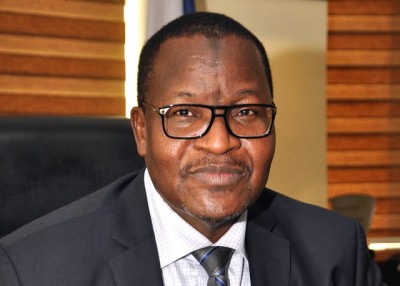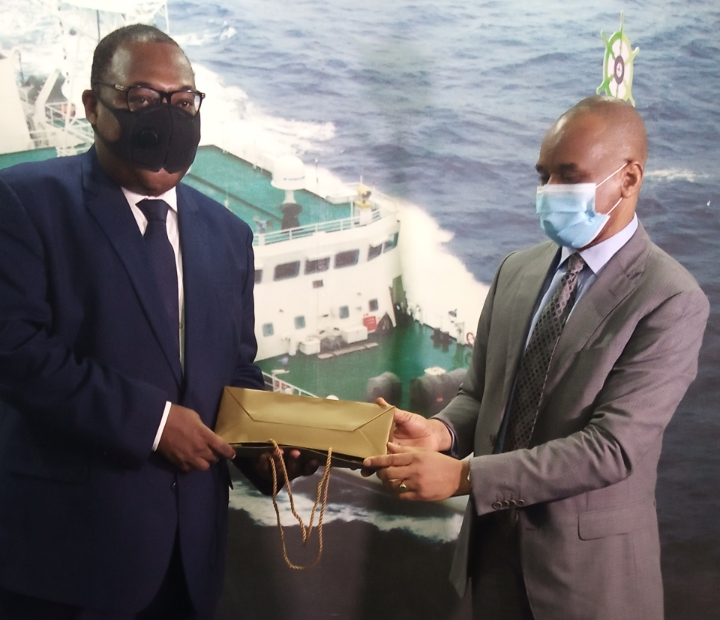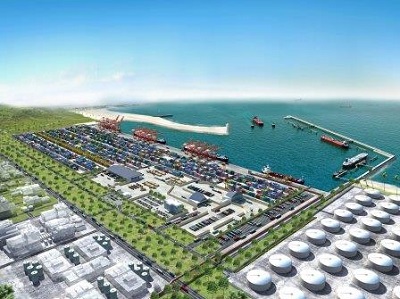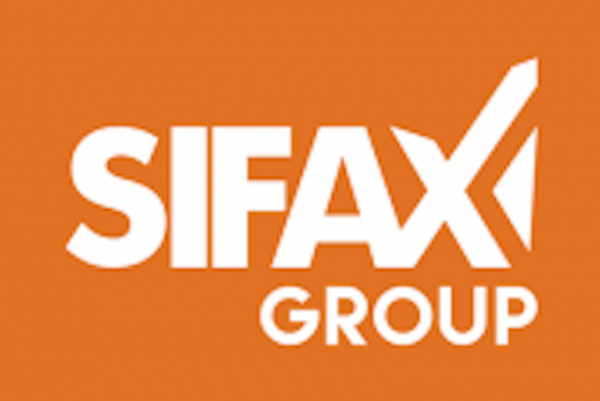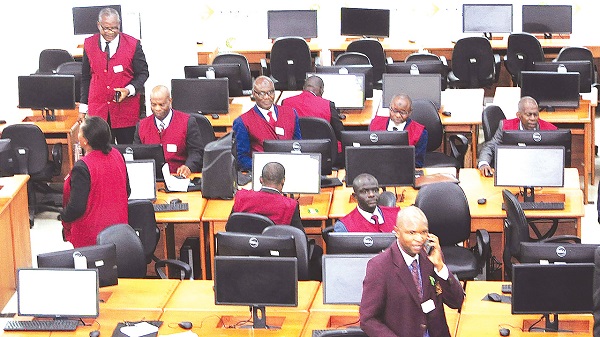Why We Don’t Fund Projects In Africa – AFC
 BOI, Others, lack capital
BOI, Others, lack capital- 19 African nations chart new trade, transport course
- AfriExim Bank to fund national fleet
As stakeholders called for the recapitalization of the Nigeria’s Development Finance Institution (DFIs), Africa Finance Corporation (AFC) has explained why it has been difficult for the agency to finance infrastructure assets in sub-Saharan Africa.
Meanwhile, 19 African nations have begun a new course on trade policy and trade facilitation.
Speaking during the just concluded two- day Sub-Regional Interactive Forum on Infrastructure Development and Maintenance, Funding Options and Trade Policies as well as the Extra-Ordinary Session of the Steering/Joint Standing Committees of the Union of African Shippers’ Councils (UASC), in Abuja, Nigeria, last week, Dr. Kingsley Usoh of East Gate Inland Container Terminal, Isiala-Ngwa, called on the Federal Government to recapitalize the DFIs in Nigeria to be able to meet the increasing challenge of infrastructural or project development in the country.
The DFIs include: Bank of Industry (BOI), Bank of Agriculture, Infrastructure Bank Plc.
He narrated the finance and political challenge of setting up the Inland Container Deport (ICD) in Isiala-Ngwa, Abia State, saying no bank in Nigeria neither had the capital out-lay for such nor the right financing model for such green field projects.
Corroborating Usoh’s statement, Engr. Isaac Adegun, Lakaji Corridor Development Manager, said, “there is need to recapitalize them to be able to finance critical infrastructure in the country, explaining that the finance limitation in Nigeria DFIs, had however created project finance window for them, Nigeria Expanded Trade and Transport, NEXTT from the United States.
In the same vein, the Executive Secretary and Chief Executive Officer (CEO) of Nigerian Shippers’ Council (NSC), Barr. Hassan Bello, who observed the need for the government and multi-lateral agencies to finance major corridors linking Nigeria and her landlocked country neighbours for transit trade, he said,”infrastructure deficit in Nigeria has become very enormous and challenging. It is transport that will help us move closer to economic growth. There is equally the need to bring the AFC closer to the people. There must be convergence between the private and public sectors. However, government of the sub-region must be up and doing in policy formulation and consistency. You don’t make one policy today and attract investors, and then tomorrow you reverse it. It is not business-healthy.”
Speaking on the sideline with MMS Plus, Mr. Ato Gyasi, Senior Director & Head, Natural Resources and Transport, AFC said, “there is a lot of money for project financing in Africa. But most African entrepreneurs don’t do bankable feasibility studies for projects. Rather than appoint experts, they embark on self-project revenue appraisal to determine the income flow with their calculators.
“You will agree with me that Africa is a challenging place to do business. We don’t like to do the right thing. It is therefore more challenging to attract funds. That is why if you look at the infrastructure assets in the sub-Sahara Africa not even one of them has been funded by other funding option of other than equity, which is the most expensive.”
He however added, “We (AFC) are very keen to support projects with good viability prospects. We are ready to spend our own money for a start, we need bankable feasibility to see that the project is doable and at that point we will come in.”
In a related development, the Africa Export and Import Bank (AfriExim) has agreed to finance the 60 percent Nigerian private Sector stake in 60 – 40 percent joint venture for the new Nigerian national fleet. The funding will be for vessel acquisition, essentially, MMS Plus gathered.
The Pacific International Line (PIL) of Singapore had agreed to hold a 40 percent equity in the Joint Venture with a condition that they would provide the CEO and Head of finance, among others.
Confirming this, one of the national fleet implementation committee members, equally said that, soon a Transaction Adviser to the project would be appointed, acknowledging that the committee had been seeking funds from international funding and multi-lateral agencies since no Nigerian investor had shown any financial commitment in the equity holding.
The source, however, said that the Federal Government had guaranteed cargo availability for the project.
However, in a communique issued at the end of the two-days infrastructure gap interactive forum facilitated by the Federal Ministry of Transport and Nigerian Shippers’ Council (NSC) in collaboration with the Union of African Shippers’ Council, the 19 member countries of the UASC, agreed that the relevant authorities in West and Central Africa sub-region should facilitate free movement of trade by ensuring the implementation of protocols on regional trade integration.
Calling on member countries to revisit the existing policies on infrastructure funding so as to encourage private investment in trade and transport infrastructure across the region, the union called on governments in the sub-region to embrace Public-Private sector Partnership (PPP) in infrastructural development as it is critical for expansion of infrastructure.
Their respective governments were urged to discourage unfavourable restrictions, remove tariff walls and any other barriers not favourable to trade within the sub-region.
Recommending urgent need to create a regional data base through exchange of information and trade intelligence gathering among member countries, the union called on member countries to review and harmonize all their trade-related protocols to ensure free movement of goods within the sub-region.
Also, African governments, the union said, “must facilitate the integration of trade policies and development of transport infrastructure to generate employment and eliminate poverty across Africa, even as relevant authorities were asked to encourage the private sector to establish trade and investment support institutions in member countries.



